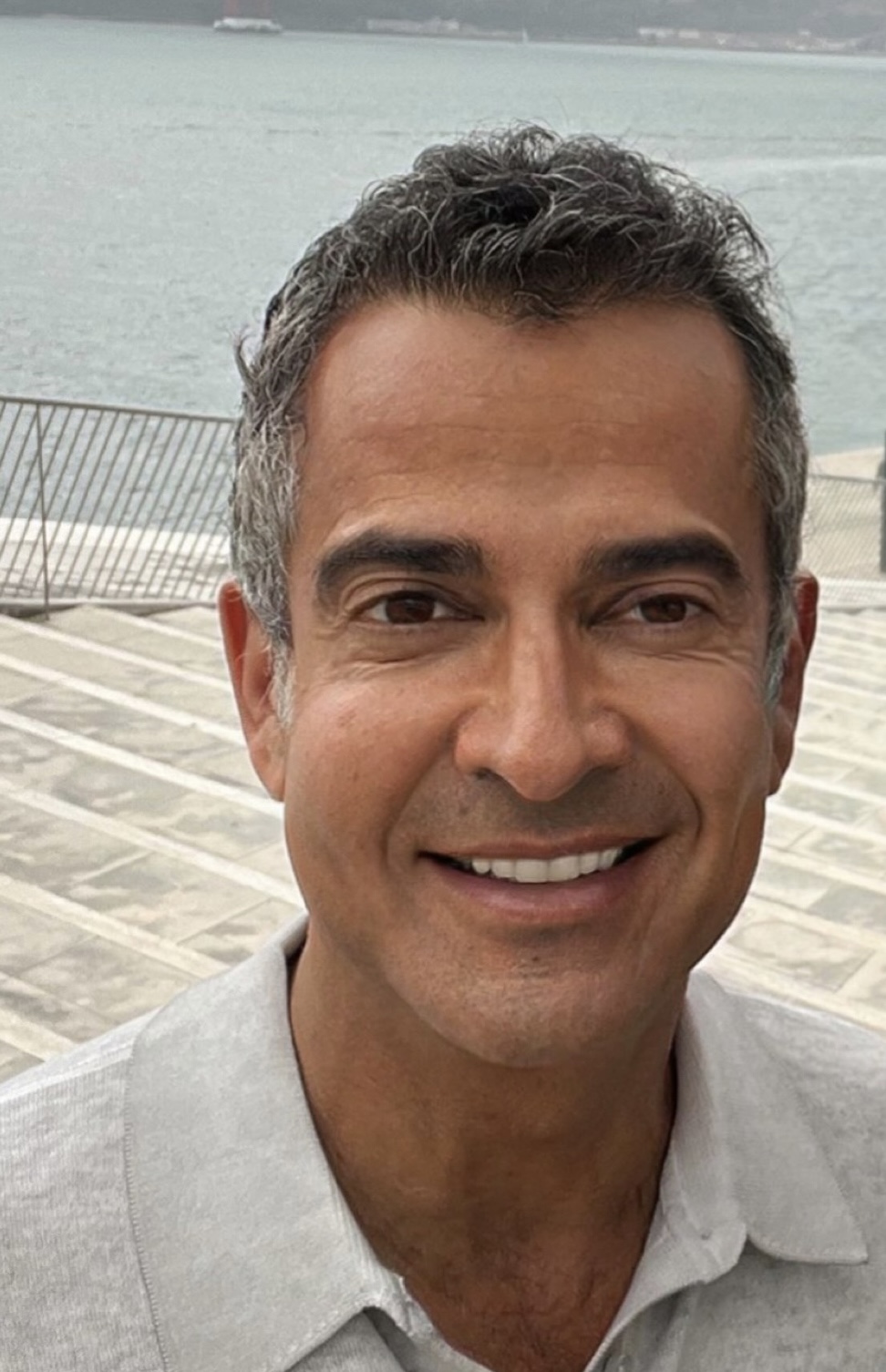Helping someone else through difficulty is where human civilization starts. We know that behind every successful person there is often a small army of enablers – people who steer, guide, assist and execute, and we recognize that it feels great to contribute to others. Yet, when it comes to asking for support, guidance, advice, or help from others, we often feel it will make us seem weak or vulnerable.
Up till now, you may well have done everything on your own. And you may have some very negative feelings about being helped. If this is your experience you will have discovered that other people tend not to offer support to people like you. If you act like you don’t need or want any help, you won’t get any. Not only will you be denying yourself all the benefits of having others contribute to your life, but you will be depriving others of joy.
How do you feel about the idea of others contributing guidance or assistance to you?
How do you hear it if someone says “There’s someone I know who could be very helpful to you?” How about if they said, “I feel you could really use some support in a couple of areas?”
Do you sense a resistance within you? Do you feel it in your body?
Is part of you screaming out: “I’ve got this far without any help from anyone.” “I’ve made things work out on my own. Why change it.”
Very often, the founders who I coach did not enjoy their experience at school. They hated being “taught” “talked down to” “patronized.” Does that sound like you?
A lot of my clients tell me they launched their own business because they had been let down by other people. They could not count on others for help or support – So, they feel more comfortable, more in control if they do everything on their own. Can you relate?
In my experience of working with highly creative individuals, very often those from diverse or working-class backgrounds are especially resistant to enrolling others in supporting them. This can be because they’ve been let down in the past, or because they see asking for help as a sign of dependency or weakness.
Offering help to others feels great
The paradox is that human beings feel most alive when we are contributing to others.
There is a Chinese proverb “If you want happiness for a year, inherit a fortune. If you want happiness for a lifetime, help somebody.”
How do you feel when someone asks you to help them out with something you’re uniquely placed to provide? It feels great, doesn’t it, to offer support, advice or guidance when someone needs it?
The anthropologist Margaret Mead was once asked by a student what she considered to be the first sign of civilization in a culture. The student expected Mead to talk about clay pots, tools for hunting, or religious artifacts.
But no. Mead said that the first evidence of civilization was a 15,000 years old fractured femur bone found in an archaeological site.
A broken femur that has healed is evidence that another person has taken time to stay with the fallen, has bound up the wound, has carried the person to safety, and has tended them through recovery. A healed femur indicates that someone has helped a fellow human, rather than abandoning them to save their own life.
“Helping someone else through difficulty is where civilization starts,” Margaret Mead said, “Never doubt that a small group of thoughtful, committed citizens can change the world; For, indeed, that’s all who ever have.”
Asking for support is a sign of strength
We don’t see asking for help as a sign of weakness in others. If anything, we acknowledge it takes self-knowledge to recognize one needs help, and confidence to ask for it. Yet, when faced with reaching out to ask for help or guidance, we worry it will make us appear weak.
You are not a victim seeking to be rescued. You are a creator focused on outcomes. As such you do not need to be rescued. But, that doesn’t mean you wouldn’t benefit enormously from other people contributing to your life for business.
Successful people are great at asking for help
When I think of the most confident, successful people I know, they are great at enrolling others for support, guidance, and advice. They are the first to acknowledge that they could never have gotten where they are without their mentors, advisors, or coaches. Public figures from Oprah Winfrey to Bill Clinton, Leonardo DiCaprio to Bill Gates are all very vocal about their advisors and coaches.
Enrolling other people creates bonds
As the character of Chuck Rhoades, played by Paul Giamatti, says on HBO’s Billions: “The best way to bond with someone isn’t doing a favor, it’s asking for one. That’s the Franklin Effect. You make the other person feel valued like you’ve given them power so you won’t hurt them.”
Asking someone to support, guide, advise, help, or coach you could bring unexpected results. You may be introduced to different perspectives or new practices. Simply making the request could be transformational for you and the relationship with your would-be supporter. And one thing is almost certain, whether or not they say ‘yes’ to your request, they will feel a certain pride and joy simply to have been asked.


